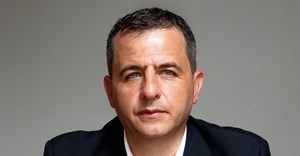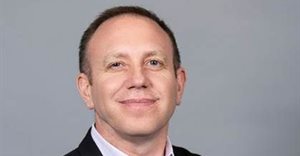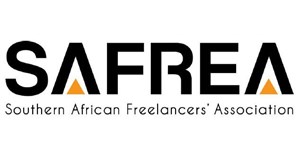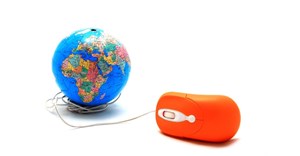Russia's internet censorship grew nine-fold in 2015: rights group
Titled "The Triumph of Censorship," the report by Agora, a respected group of human rights lawyers, counted media reports and government statements about blocked web pages as well as prosecutions of people for what they posted online.

The group found incidents of Internet censorship increased from 1,019 in 2014 to 9,022 in 2015.
This included bans on online content issued by courts as well as similar decisions by government agencies that do not require court approval.
Russia blacklists web pages for extremist content or making calls to join an unsanctioned rally, as well as for posting child pornography or information about committing suicide or making illegal drugs.
Russia has also prosecuted a growing number of individuals for posting information online.
"The number of people sentenced to actual prison terms for expressing their opinion on the web has multiplied," the report said.
One of the authors, rights lawyer Damir Gainutdinov, said he expects the degree of Internet censorship to intensify this year.
"There will be more prison terms," he told AFP. "They will attempt to block announcements of demonstrations."
The government is also likely to crack down on those who publish tips for circumventing bans and filters -- such as by using VPNs or dark web browsers -- and to increase pressure on foreign companies such as Twitter and Facebook, he said.
The government "fine-tuned" its methods of filtering content in 2015, leading to a race of sorts among different regions to report the most blocked material, the report said.
Russian courts are "rubber-stamping decisions about banning information" while prosecutors boast of removing extremist materials from thousands of sites, it said.
"Prison terms for posting 'likes' and shares (on social media) are meant to frighten people and make them stop discussing social problems," the report said.
It named taboo topics as the conflict in Ukraine and corruption among government officials as well as LGBT rights and those of religious believers.
Gainutdinov however said the government's goal was not to introduce a total Internet filter, which would be too expensive, but to make access to information too difficult.
"The goal is to have most people give up and go back to watching television," which is overwhelmingly state-controlled, he said.
Source: AFP
Source: I-Net Bridge

For more than two decades, I-Net Bridge has been one of South Africa’s preferred electronic providers of innovative solutions, data of the highest calibre, reliable platforms and excellent supporting systems. Our products include workstations, web applications and data feeds packaged with in-depth news and powerful analytical tools empowering clients to make meaningful decisions.
We pride ourselves on our wide variety of in-house skills, encompassing multiple platforms and applications. These skills enable us to not only function as a first class facility, but also design, implement and support all our client needs at a level that confirms I-Net Bridge a leader in its field.
Go to: http://www.inet.co.za









